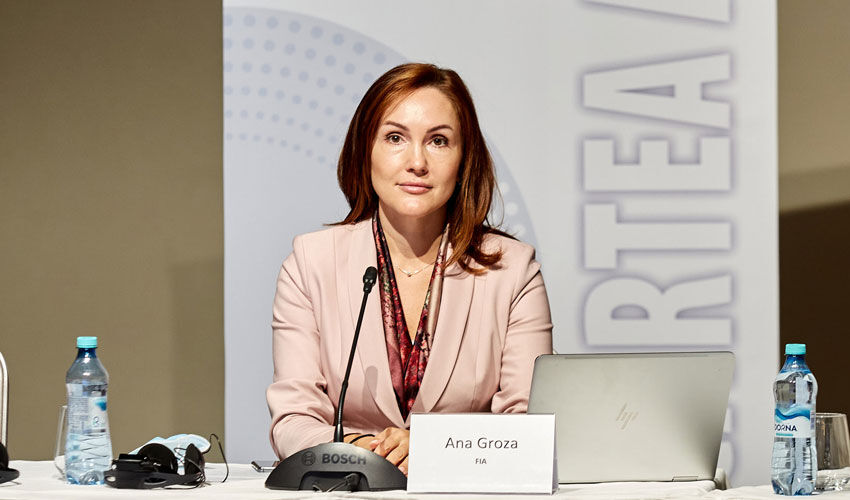
Anna Groza
According to Anna Groza, Executive Director of the FIA, in this context the members of the organization see the need to introduce a moratorium on regulatory and tax changes without prior consultation with business representatives (minimum 30 days). And to ensure predictability and transparency for businesses, to publish annually a calendar of economic reforms and changes.
These and a number of other initiatives concerning business and labor market regulation are contained in the Foreign Investors Association’s (FIA) package of proposals. These are key recommendations of the foreign investor community regarding economic governance and public-private dialog. They are included in the next issue of the annual FIA White Paper.
“With regard to tax administration, our members’ recommendations concern the simplification of procedures and full digitalization of interaction with specialists of the State Tax Service,” says Anna Groza. – And tax policy proposals relate to the issues of stimulating reinvestment through deductions and accelerated depreciation for green economy and digitalization projects. We also propose a review of the tax burden on business in terms of social contributions and on the payroll in general. This applies especially to highly qualified specialists and top managers. As for VAT refunds, we propose the introduction of guaranteed deadlines, with appropriate sanctions for non-compliance.
In addition, during a press conference last week, Acting Finance Minister Victoria Belous said that the financial department is developing draft amendments to Section III of the Tax Code. It involves the transposition of the provisions of the EU Directive on the common system of VAT application. Recommendations on this initiative are accepted until November 6.
Experts believe that serious innovations are unlikely to be proposed in such a short period of time, when there are only two months left till the end of the year, and a rather complicated and lengthy development procedure has just been launched. A longer period of time is needed for that. Especially since in the summer the Parliament approved a large package of tax amendments and additions to the legislation, which, as their authors emphasized at the time, cannot be delayed. And these were not only corrections of inaccuracies, which our legislation sins, but also serious innovations concerning the introduction of the transfer pricing system and new deductions for employers’ and employees’ expenses. So serious, in fact, that at the time it seemed to many that the Ministry of Finance could limit itself to them this year.
However, Moldova has obligations to harmonize its tax legislation with the European one, as well as a corresponding schedule for the implementation of changes. So some of the proposals may turn out to be just that, including the provisions of the EU Directives on VAT and excise duties.
On the other hand, experts say, in the summer, when the package of tax amendments and additions was adopted, some of the proposals of the draft were rejected – for various reasons. It was about taxation of non-traditional payment systems like PayPal, revision of VAT application on imported services for non-payers, including services of marketplaces like Amazon. Perhaps they will try to include them again in the draft fiscal and customs policy for 2026.
Two months is a short period, and it would be more correct to receive the list of changes not on New Year’s Eve, but as it happened the last two years in a row – in the summer, in order to calmly prepare for them, say representatives of business. In addition, the Ministry of Finance has previously expressed its intention to abandon the annual introduction of serious innovations and initiate them no more often than once every three years.

